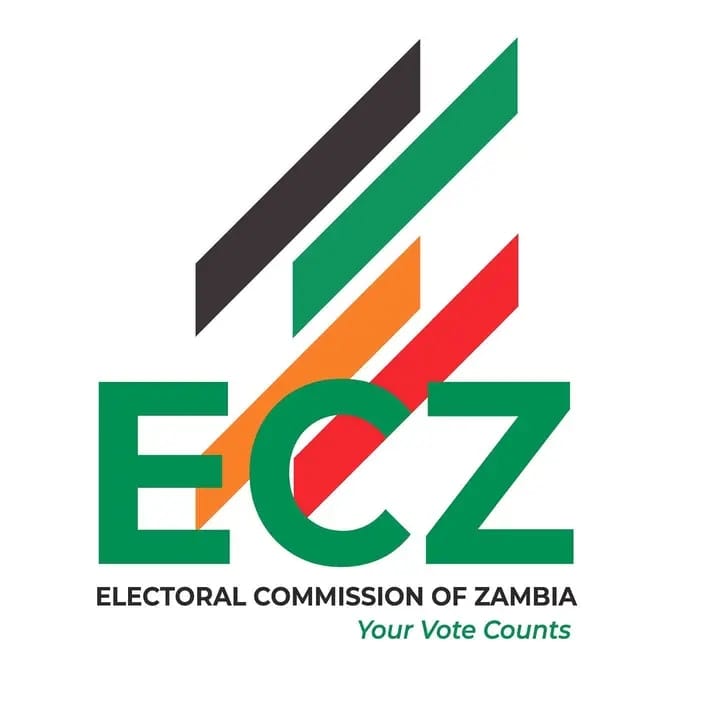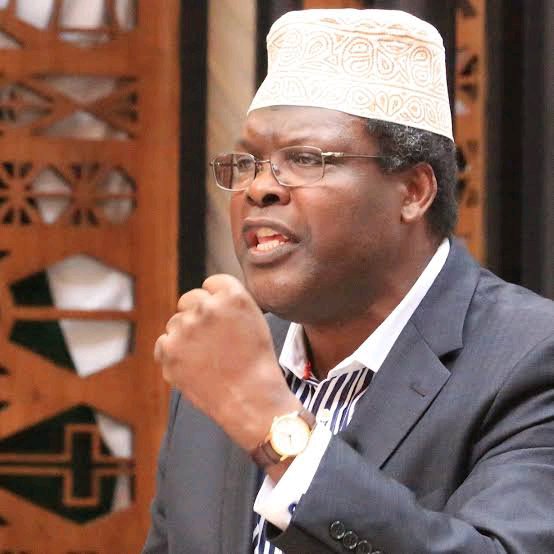
The tension in Lusaka was palpable on election night. All day, citizens had queued patiently at polling stations across provinces — in Copperbelt’s mining towns, in the rural towns of Eastern Province, and in the sprawling quarters of the capital. By dusk, the Electoral Commission’s headquarters was awash in lights, its long counting tables strewn with ballots from every corner of the country. As the first results trickled in, it became clear: this would not be a landslide for any party. Instead, the outcome would hang on a handful of swing constituencies and whether the opposition could break long‑held strongholds.
In the early hours, the United Party for National Development (UPND) declared with cautious optimism that it led in Lusaka, Central, and parts of the Southern Province. Across the border region in North Western — traditionally a bastion of the ruling Patriotic Front (PF) — the numbers were tighter than expected. Meanwhile, in the Eastern and Luapula provinces, independent and smaller party candidates were doing surprisingly well, fracturing vote blocs once thought safe for either major party.
By dawn, the Electoral Commission announced: no candidate had secured the outright majority required to avoid a runoff. The top two contenders — the UPND’s stalwart reformer and the PF’s charismatic insider — would head to a second round in four weeks’ time. The result was hailed by international observers as largely free and fair, though they flagged several irregularities in rural polling zones — delayed ballot deliveries, disputes over voter lists, and occasional intimidation claims. The opposition immediately vowed to petition some marginal districts, but overall they accepted the outcome and called for calm.
Over the following week, both parties intensified their outreach. The reformer from UPND, riding a current of youthful energy, focused on uniting the urban middle classes and swaying moderate PF supporters disillusioned by stagnating services and economic hardship. The PF candidate, by contrast, leaned into promises of stability and continuity, pointing to recent infrastructure projects and reminding voters of their organizational strength in rural areas.
The dynamics shifted most dramatically in the rural heartlands. Where smaller parties had previously siphoned votes, many of their leaders publicly endorsed UPND in the runoff, swaying local alliances. Some PF strongholds resisted, but internal fractures emerged as ambitious candidates quietly shifted support. In the final debate, the UPND candidate struck a resonant balance — acknowledging past shortcomings, pledging stronger oversight of mining revenues, and offering local development packages tailored by region.
On the night of the runoff, results came faster. With exit polls projecting a tight race, the UPND candidate surged ahead in Lusaka and Copperbelt, while the PF held the line in much of the rural North. But the combined weight of swing votes in the East and alliance shifts in Luapula delivered a surprise: the UPND candidate crossed the threshold with about 52.3% of the vote. The PF candidate, though gracious in public, quietly contested a handful of district results.
The new president-elect addressed the nation the following morning. In a tone both humble and resolute, she thanked her predecessor for a peaceful handover and appealed to PF supporters for cooperation. She vowed immediate reforms: strengthening the electoral commission’s independence, reforming natural resource management, expanding rural access to healthcare and education, and pursuing economic growth that reduces inequality.
In Parliament, the UPND secured just shy of a majority. It would need to build coalitions with smaller regional parties to pass key legislation. The PF, now in opposition, reorganized and promised more robust oversight, signaling a harder parliamentary push but also more disciplined debate.
In the weeks after the election, civil society groups monitored implementation of promised reforms, judicial challenges to district results were adjudicated, and the new administration’s early appointments were scrutinized. While skepticism remained among some voters, optimism grew that Zambia might enter a new era — one in which elections truly mattered, institutional checks were stronger, and development served more than a narrow elite.

